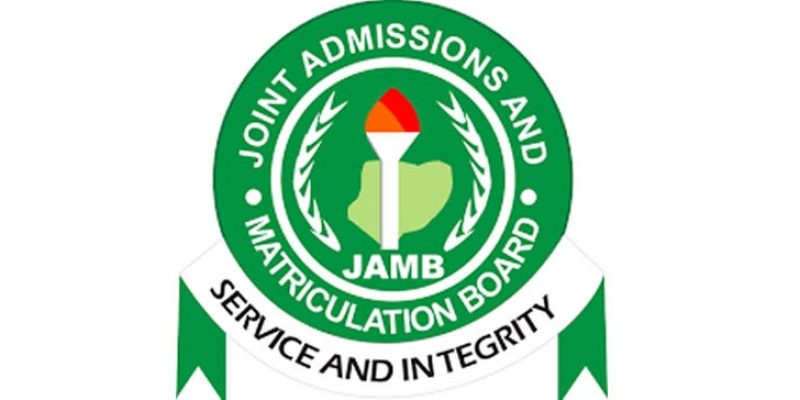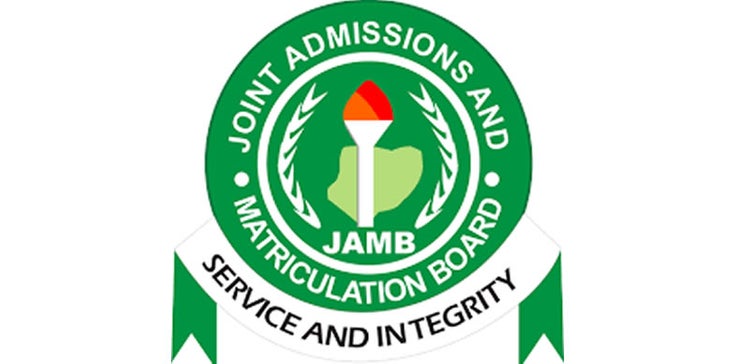INTRODUCTION
The JAMB Syllabus is a comprehensive listing of topics from which questions would be set on all subject areas. The syllabus has been specifically designed to guide candidates to adequately prepare for the examination.
CONTENT
1. Nature and Significance of Accounting
a. Development of accounting (including branches of accounting)
b. Objectives of bookkeeping and accounting;
c. Principles, concepts and conventions of accounting (nature, significance and
application)
d. Role of accounting records and information
2. Principles of Double Entry
a. Functions of source documents
b. Books of original entryBook of original entry is an accounting book or journal in which invoices, vouchers, cash transactions and others are first recorded before they are transferred to ledger accounts. More
c. Accounting equation
d. The ledger and its classifications
e. Trial balance
f. Types and treatment of errors and use of suspense account
3. Cash Book
a. Petty cash book and the imprest system
b. Columnar cash books
c. Discounts
4. Bank Transactions and Reconciliation Statements
a. Instrument of bank transactions
b. e-banking system
c. Courses of discrepancies between cash book and bank statement
d. Bank reconciliation statement
5. The Final Accounts of a Sole Trader
a. Trading and profit and loss account
b. Balance sheet
c. Adjustments:
i. provision for bad and doubtful debt
ii. provision for discounts
iii. provision for depreciation using the straight line and reducing balance methods
iv. accruals and prepayments
v. drawings
6. Stock Valuation
a. Methods of cost determination using FIFO, LIFO, and simple average
b. The advantages and disadvantages of the methods
c. The importance of stock valuation
7. Control Accounts and Self-balancing Ledgers
a. Uses of control accounts
b. Purchases ledger control account
c. Sales ledger control account
8. Incomplete Records and Single Entry
a. Conversion of single entry to double entry
b. Determination of missing figures
c. Preparation of final accounts from incomplete records
9. Manufacturing Accounts
a. Cost classification
b. Cost apportionment
c. Preparation of manufacturing account
10. Accounts of Not-For-Profit-Making Organizations.
a. Objectives of not-for-profit making organizations
b. Receipts and payments account
c. Income and expenditure account
d. Balance sheet
11. Departmental Accounts
a. Objectives
b. Apportionment of expenses
c. Departmental trading and profit and loss account
12. Branch Accounts
a. Objectives
b. Branch accounts in the head office books
c. Head office account
d. Reconciliation of branch and head office books
13. Partnership Accounts
a. Formation of partnership
b. Profit and loss account
c. Appropriation account
d. Partners current and capital accounts
e. Treatment of goodwill
f. Admission/retirement of a partner
g. Dissolution of partnership
h. Conversion of a partnership to a company
14. Introduction to Company Accounts
a. Formation and classification of companies
b. Issue of shares and debentures
c. Forms of final accounts of companies
d. Interpretation of accounts using ratios.
e. Distinction between capital and revenue reserves
15. Public Sector Accounting
a. Comparison of cash and accrual basis of accounting
b. Sources of government revenue
c. Capital and recurrent expenditure
d. Consolidated revenue fund
e. Statement of assets and liabilities
f. Responsibilities and powers of:
i. The Accountant General
ii. The Auditor General
i. The Minister of Finance
ii. The Treasurer of local government
g. Instruments of financial regulation
JAMB 2022 Principle of Accounts Syllabus Recommended Textbooks
- Adeifa O. Ajileye, J. O and Oluwasanna, R. O (2001). Get your Financial Accounting Right. Book One: Oyo, Tenlad Press International.
- Ajileye, J. O. and Adetifa O. (2001). Get your Financial Accounting Right, Book Two: Lagos: De Hadey Printing Services
- Akinduko, A. O (2001). Basic Accounting: Akure: Spetins
- Anao, A. R (1993). An Introduction to Financial Accounting, Lagos: Longman
- Awoyemi, E. O. (1989). A guide to Government Accounting and Internal Audit, Ibadan: Onibonje Press
- Dodge, R. (2002). Foundation of Business Accounting, (Second Edition), Bershire: Chapman and Hall
- Ekwere, A. B. (1997). Contemporary Accounting, Abuja: Aflon Finance (Control and Management) Act 1959
- Frank, W. and Omuya, J. O. (1988). Book keeping and Accounting for Senior Secondary Schools, Vols. 1 & 2 London: Pitman
- Hassan M. M. (2001). Government Accounting, Lagos: Malthouse Press Limited
- Igben, R. O. (2004). Financial Accounting Made Simple (Vol. I) Lagos: Roi Publishers
- Longe, O. A. and Kazeem, R. A (2006). Essential Financial Accounting for Senior Secondary Schools: Lagos: Tonad Publishers Limited
- Millichamp, A. H. (1989). Foundation Accounting: An Introduction manual for Accounting Students, London: DP Publications
- Okwoli, A. A. (1995). Financial Accounting, Zaria: Tamaza Publishers
- Oshisami, K. (1997). Government Accounting and Financial Control: Ibadan: Spectrum





Responses